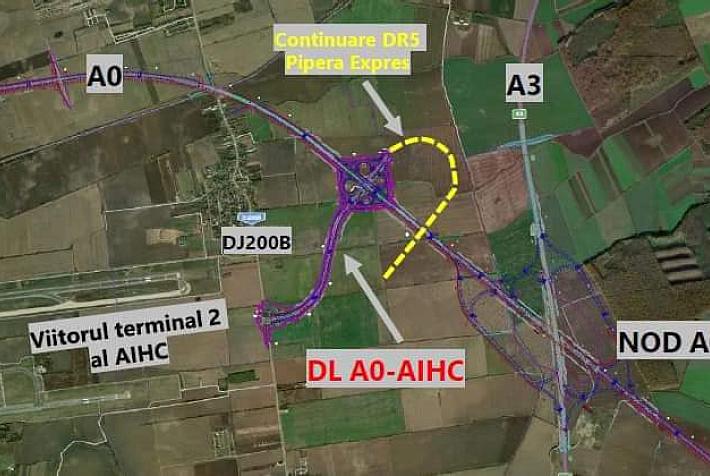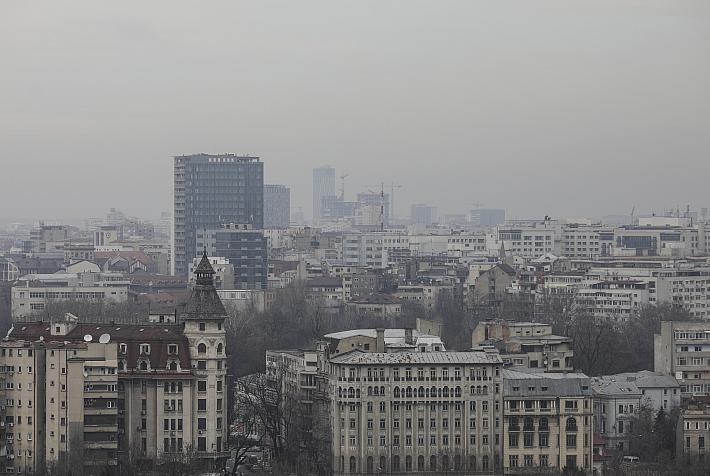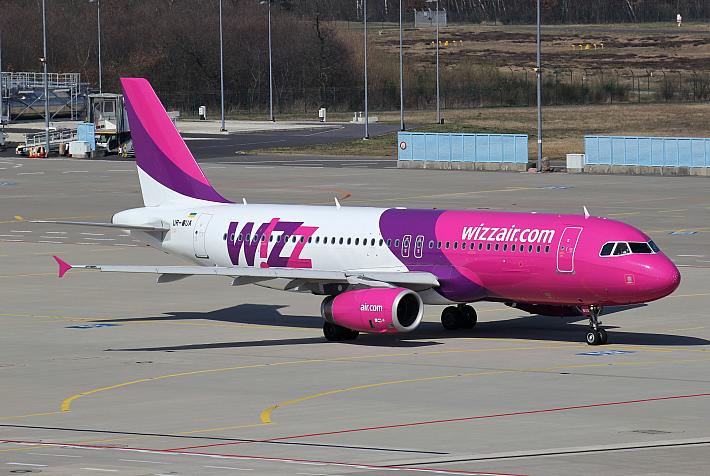Public procurement in Romania – how does it work, what to expect from the procedures

 Public contracts have always allured private companies. Given the economic crisis, these contracts have become the only means to survive for companies in certain areas, such as constructions. The competition is harsh, the fight for public money is thud, while the rate of disputes has skyrocketed, courts became overwhelmed and projects got delayed sine die. The authorities are trying to identify solutions and the public procurement legislation is again shifting, with a new, important amendment planned for the Government Emergency Ordinance (G.E.O.) 34/2006. However, there are plenty of opportunities and the benefits are significant. Read below about the opportunities, steps of the procedures and the pitfalls when taking part in a public bid.
Public contracts have always allured private companies. Given the economic crisis, these contracts have become the only means to survive for companies in certain areas, such as constructions. The competition is harsh, the fight for public money is thud, while the rate of disputes has skyrocketed, courts became overwhelmed and projects got delayed sine die. The authorities are trying to identify solutions and the public procurement legislation is again shifting, with a new, important amendment planned for the Government Emergency Ordinance (G.E.O.) 34/2006. However, there are plenty of opportunities and the benefits are significant. Read below about the opportunities, steps of the procedures and the pitfalls when taking part in a public bid.
Guest post by Iulia Vass, Managing Partner with VASS Lawyers
What are the opportunities?
Even if the state won't buy as much publicity, furniture, office supplies as in the past, an increase in demand from authorities is expected, especially in infrastructure and IT. Prime minister Emil Boc has recently announced that EUR 1.5 billion will be allotted to highways, national roads and rural infrastructure in 2010. Bypasses for Sibiu, Oradea, Bucharest North, Cluj Napoca, Lugoj and Iasi were included in this plan. Transilvania highway, the Arad – Timisoara highway and the Cernavoda – Constanta highway are also envisaged.
The IT sector is as important, with a boost from the e-Romania project launched by the Ministry of Communications and Information Society. This will bring around EUR 500 million in the IT industry in the next two to three years. It will include the creation of 300 operational electronic services by the end of 2013, connecting and digitizing all the public institutions, so as the citizen and private companies have direct and unlimited access to the public services.
Applicable legislation
The public procurement system in Romania is similar to those in other EU member states. That is because the EU legislation - the 2004/18/CE and 2004/17/CE Directives of the European Parliament and the European Union Council - was rigorously transposed into the Romanian one. Consequently, Romanian award procedures are governed by the principles set by the European directives – non-discrimination, equal treatment, mutual recognition, transparency, proportionality, the efficient use of public funds, accountability.
Besides G.E.O. 34/2006, which sits at the core of the public procurement system in Romania, its enforcement norms and the secondary legislation are also important.
The national legislation in terms of public procurement is intricate and quite unstable. There are many pieces of law having changed successively in the last couple of years in order not only to comply with the EU norms, but also to remedy deficiencies in the system. So the essential prerequisite for taking part in award procedures organized by contracting authorities in Romania is to possess good knowledge of the legislation in force when the procedure is organized.
The stages of the award procedure
The procedures for the award of public procurement contracts are: open bid, restricted bid, competitive dialogue, negotiation with or without prior publication of a contract notice, request for tenders and design contest.
The most frequently used procedures are the open bid and the request for tenders. In order to take part in these award procedures, several steps are required, as follows:
i.Identifying the contract notice or the invitation on SEAP – The Electronic System for Public Procurement;
ii.Downloading the award documentation from SEAP or obtaining it from the contracting authority;
iii.Checking whether you comply with the qualification and award criteria and identifying possible partners, subcontractors and third parties for technical/financial support;
iv.Requesting for clarifications from the contracting authority, if the case;
v.Preparing the tender – the bid bond, the qualification documents, the technical and the financial tenders, possible objections to the contract – and wraping it as required in the award documentation;
vi.Submitting the tender at the contracting authority's headquarters, within the set deadline and participating at the opening session;
vii.Transmitting the clarifications in response to the request for clarification sent by the contracting authority;
viii.Receving the communication on the award procedure result and signing the public procurement contract.
Each of the steps mentioned above may contain numerous traps for the bidders – the smallest mistake in form or in content can lead to elimination from the race. This is why it is very important to strictly comply with all the requirements in the contract notice/invitation, in the award documentation as well as in the potential clarifications sent/posted in SEAP by the contracting authority. If these requirements are unjustified compared to the principles lined up above or the legal provisions in force, they need to be challenged within 5 to 10 days, depending on the estimated value of the contract. However, statistics have shown that most of the challenges are filed against the final results.
Means of appeal
The public procurement legislation guarantees two means of appeal against the contracting authorities non-respecting the relevant legislation: challenge (in Romanian 'contestatie') and complaint (in Romanian 'plangere').
Challenges can be submitted to courts and to the National Council for Solving Challenges (CNSC). As an exception, disputes arising from the award procedures of services and/or works for the national transport infrastructure are exclusively ruled by the Bucharest Court of Appeal.
The decisions of the courts/CNSC can be further appealed with a complaint/recourse at the court of appeal where the public authority is headquartered, within 10 days/5 days from when the decision was communicated.
What to expect when participating in a public procurement procedure
First of all, the bureaucracy can reach very high levels; you need to have a lot of patience and strength as your tenders might reach thousands of pages of certificates, notices, declarations, tables and forms, which might need to be submitted in three to seven copies and which, on top of it, need to be signed and stamped on every page.
Secondly, the competition is fierce. Procedures which used to attract two – three bidders two years ago now have eight – nine bidders. This has turned challenges into a common practice, and there are few procedures that are not challenged before CNSC. While CNSC is settling challenges rather fast, within approximately 20 days, receiving an answer on a complaint may take up to four - five months. At present, the means of appeal mentioned above suspend the conclusion of the public procurement contract and halt the public project until proper settlement. Consequently, the winners of a bid may have to wait for up to five to six months for the signing of the contract and the start-up of the project.
But signing the contract doesn't mean the headaches are over. Most of the times, it is then when the hard time begins. It is well known that the major issue that companies working with the state are dealing with consists in the delay in paying bills, which leads to cash flow problems.
Despite all these, companies which have signed contracts with the Romanian state unanimously say the state is the best customer, as large projects in Romania are implemented by the state, and public contracts have always been the most secure and money-making for private firms.
 Iulia Vass is the managing partner of Romanian law firm VASS Lawyers. She specializes in public procurement, PPP and PFI, commercial contracts, competition, employment,immigration and citizenship. She holds a Masters degree in International Relations from the National School of Political Studies and Public Administration, apart from her BA in Law.
Iulia Vass is the managing partner of Romanian law firm VASS Lawyers. She specializes in public procurement, PPP and PFI, commercial contracts, competition, employment,immigration and citizenship. She holds a Masters degree in International Relations from the National School of Political Studies and Public Administration, apart from her BA in Law.














